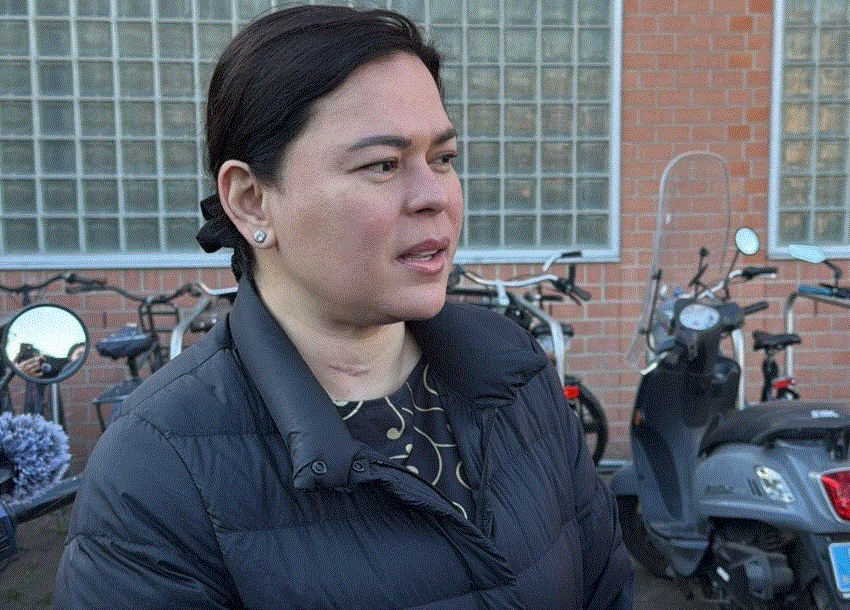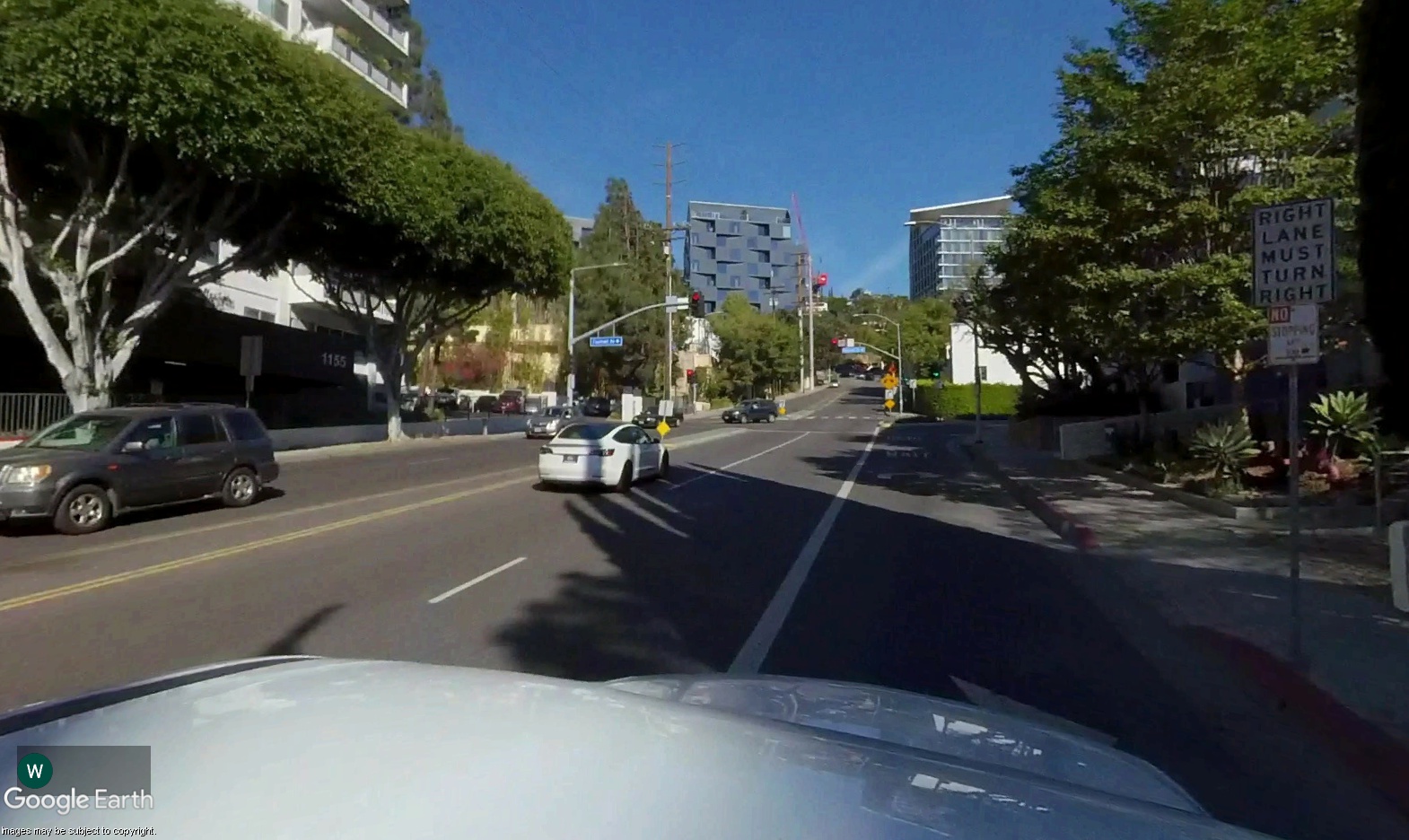Sara duterte Willing to Testify at Senate Hearings Regarding Father’s Arrest
Table of Contents
- 1. Sara duterte Willing to Testify at Senate Hearings Regarding Father’s Arrest
- 2. Executive Branch to Participate
- 3. Executive Privilege Invoked
- 4. Key Dates and Locations
- 5. Implications for U.S.Readers
- 6. How might the invocation of executive privilege affect the proceedings surrounding former President Rodrigo Duterte’s legal challenges?
- 7. Interview: Analyzing Sara Duterte's Role in Her Father's Legal Challenges
- 8. Reader interaction
By Archyde News Journalist
Philippine vice President Sara Duterte has indicated her willingness to participate in upcoming Senate hearings concerning the arrest of her father, former president Rodrigo Duterte.The hearings, led by Senator Imee Marcos, chairperson of the Senate committee on foreign relations, aim to shed light on the circumstances surrounding the former president’s detention.
Sara Duterte’s decision comes after a period of heightened scrutiny and debate within the Philippines regarding the international legal proceedings against her father. Rodrigo Duterte was arrested on March 11 and is currently detained at The Hague,facing charges of crimes against humanity related to the extrajudicial killings that occurred during his administration’s controversial war on drugs. His arrival in the Netherlands was on March 12.
The Vice President’s presence at these hearings could provide crucial insights into the family’s perspective and potentially influence the ongoing discussions surrounding international law, national sovereignty, and human rights. Such a situation could be likened to the complex legal battles seen in the U.S., such as cases involving extradition treaties and international criminal law, where the balance between domestic law and international obligations is constantly negotiated.
Having recently returned to the Philippines after spending over three weeks in the Netherlands supporting her father, sara Duterte emphasized her availability to answer questions pertinent to the case. She initially participated in the first Senate hearing on March 20 via videoconference. She cited a “hectic” schedule and the time difference between Manila and the Netherlands as reasons for not attending the second hearing on April 3.
Pero kung meron namang future hearings na meron silang tanong sa akin, tulad ng kung anong nangyari sa Hong Kong or anong nangyari pagdating ni Pangulong Duterte sa Manila, willing naman po ako sumagot.Sara Duterte, Vice President of the Philippines
Translated, this means: “But if there are future hearings where there woudl be questions for me, like what happened in Hong Kong or what happened when President Duterte arrived in Manila, I am willing to answer.” This statement underscores her commitment to transparency and cooperation with the Senate examination.
I am open in the future hearings in the event that she (Imee Marcos) needs my input in the committee hearings that she is conducting in the Senate.Sara Duterte, Vice President of the Philippines
Executive Branch to Participate
Malacañang, the official residence and principal workplace of the Philippine president, confirmed that executive officials would also attend the next Senate hearing on April 10. This signifies a coordinated effort between the legislative and executive branches to address the complex legal and diplomatic issues surrounding Duterte’s case.
According to Palace Press Officer Undersecretary Atty. Claire Castro, the following officials were expected to attend:
- Justice Secretary Jesus Crispin ”Boying” Remulla
- Prosecutor General Richard Anthony Fadullon
- Chief State Counsel Dennis Arvin chan
- Foreign Affairs Secretary Enrique Manalo
- Philippines Center on Transnational Crime executive director Anthony Alcantara
- Philippine National Police chief general Rommel Francisco Marbil
- PNP-Criminal Investigation and Detection Group chief Major General Nicolas Torre III
- Migrant Workers Secretary Hans Cacdac
- Special envoy Markus Lacanilao
- Atty.RJ bernal
- Atty. Ferdinand Loji Santiago
The presence of these officials is crucial as they hold key facts and responsibilities related to the legal and diplomatic aspects of the case. Their testimony could provide valuable insights into the government’s perspective and actions.
Executive Privilege Invoked
Notably Executive Secretary Lucas Bersamin previously invoked executive privilege, restricting the scope of questioning and attendance of Cabinet officials during the congressional investigations. This invocation of executive privilege raises questions about transparency and the extent to which the government is willing to disclose information related to the case.
The invocation of executive privilege is a common practice in many countries, including the United States. Such as, U.S. presidents have often invoked executive privilege to protect sensitive information related to national security or ongoing investigations. Though, such invocations are frequently enough met with legal challenges and public scrutiny, as they can be seen as attempts to shield the government from accountability.
Key Dates and Locations
To recap the timeline of events:
| Date | Event | location |
|---|---|---|
| March 11 | Rodrigo Duterte Arrested | Philippines |
| March 12 | Duterte Arrives in The Hague | The Hague, Netherlands |
| March 13 | Sara Duterte Arrives in Amsterdam | Amsterdam, Netherlands |
| March 20 | First Senate Hearing (Sara Duterte via video) | Manila, Philippines (and virtual) |
| April 3 | Second Senate Hearing | Manila, Philippines |
| April 10 | Next Senate Hearing (Executive Officials to Attend) | Manila, Philippines |
Understanding these key dates and locations helps to contextualize the unfolding legal and political drama surrounding Rodrigo Duterte’s arrest and detention.
Implications for U.S.Readers
While this situation unfolds in the Philippines, it has implications for U.S. readers as it touches upon fundamental principles of international law, human rights, and the role of international courts. The U.S. has a complex relationship with the International Criminal Court (ICC),having neither ratified the Rome Statute that established the court nor consistently supported its investigations.
this case also highlights the challenges of balancing national sovereignty with international legal obligations.The U.S.has often asserted its own sovereignty in the face of international scrutiny, particularly regarding its military actions and human rights record. The Duterte case raises questions about the extent to which countries should cooperate with international legal bodies and the potential consequences of non-compliance.
Moreover, the allegations against Rodrigo Duterte involve serious human rights violations, which are a concern for people worldwide. The U.S., as a leading advocate for human rights, has a responsibility to monitor and address such violations, even when they occur in other countries. The Duterte case presents an opportunity for the U.S. to reaffirm its commitment to human rights and to work with international partners to ensure accountability for those who commit atrocities.
How might the invocation of executive privilege affect the proceedings surrounding former President Rodrigo Duterte’s legal challenges?
Interview: Analyzing Sara Duterte's Role in Her Father's Legal Challenges
By Archyde News Journalist
Archyde News: Welcome, Dr. Anya Sharma, legal analyst specializing in international law. Thank you for joining us today to discuss the complex legal situation surrounding former President Rodrigo Duterte and the involvement of his daughter, Vice President Sara Duterte.
Dr. Sharma: Thank you for having me. I’m happy to provide some insights.
Archyde News: Let’s start with the basics. Vice President Duterte has expressed her willingness to cooperate with Senate hearings regarding her father's case. What are your initial thoughts on this decision?
Dr. sharma: It's a meaningful move. Her participation suggests a calculated strategy. By engaging with the Senate, she can shape the narrative and potentially influence public perception. Her willingness to testify also hints at a desire to be seen as transparent, even if it’s a carefully constructed performance. Plus, it also helps to understand the Duterte's outlook on the international legal proceedings against him.
Archyde News: The article mentions her initially participating via video conference. Could the fact that she participated in the first hearing via video conference, affect the case?
Dr. Sharma: the logistics definitely have an impact. Videoconferencing can provide access, yet it can also be influenced by technical difficulties and a lack of face-to-face interaction, potentially affecting the overall impact of her testimony. The first hearing via videoconference might not have as much of an impact when compared to in-person attendance.
Archyde News: The article also details a timeline of the events,with the former President arriving in The Hague on March 12,and Vice President Duterte arriving in Amsterdam on March 13. Can you break down the impact of these visits to the Netherlands?
Dr. Sharma: This indicates a concerted effort to support rodrigo Duterte during the international legal process. By being physically present, Vice President Duterte can provide emotional support and potentially maintain family influence on the situation. Her trip to Amsterdam, so near to The Hague, almost certainly was to support her father.
Archyde News: There is also mentioning of the Executive Branch's participation in the senate hearings. What does this signify?
Dr. Sharma: The attendance of executive officials, including the Justice Secretary and Foreign Affairs Secretary, suggests a coordinated approach by the Philippine government. It implies that they are taking the legal and diplomatic aspects of Rodrigo Duterte's case seriously.It may also be a way to manage data flow and control the official version of events shared during the legislative process.
archyde News: Executive Privilege has been invoked in this case. How might this affect the proceedings?
dr. Sharma: Invoking executive privilege usually restricts information flow and limits what can be publicly discussed. This can impede full transparency and raises suspicions of hiding sensitive information. It also gives the opposition fuel to argue against.
Archyde News: For our U.S. audience, can you explain the implications of this case, considering America's relationship with the International Criminal Court?
Dr. Sharma: This case presents a complex situation that touches on the balance between national sovereignty and international legal obligations. The ongoing legal and diplomatic issues surrounding the international legal proceedings against Rodrigo Duterte highlights the balance between international law and national sovereignty,offering a chance for the United States to reaffirm its dedication to human rights and work with international bodies to ensure accountability.It also reminds the U.S. of its complex relationship with the ICC, as it hasn't ratified the Rome Statute consistently supported their investigations. This case forces that question on how far can the United States work with international partners in cases as such.
Archyde News: looking ahead, where do you see this case heading, and what are the key factors to watch?
Dr. Sharma: The key factors will be the Vice President's continued involvement, the extent of government cooperation, and the outcomes of the Senate hearings. Also,any potential involvement of the Philippines with its own legal system plays pivotal a role. Ultimately, the balance between national interests, international legal obligations, and human rights considerations will determine the trajectory of this case. A lot of what happens will be determined by Rodrigo Duterte's willingness to participate.
Archyde News: Dr. Sharma,thank you for this enlightening analysis. It provides a much clearer understanding of the complexities surrounding this case.
Dr. Sharma: My pleasure.
Reader interaction
What do you think the implications of Vice President Duterte's participation in these hearings will be? Share your thoughts in the comments below.







